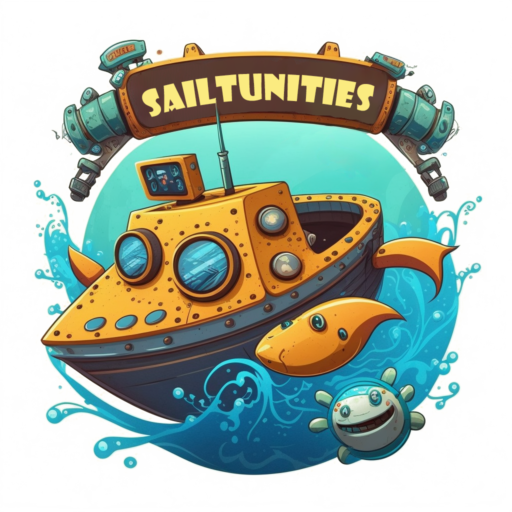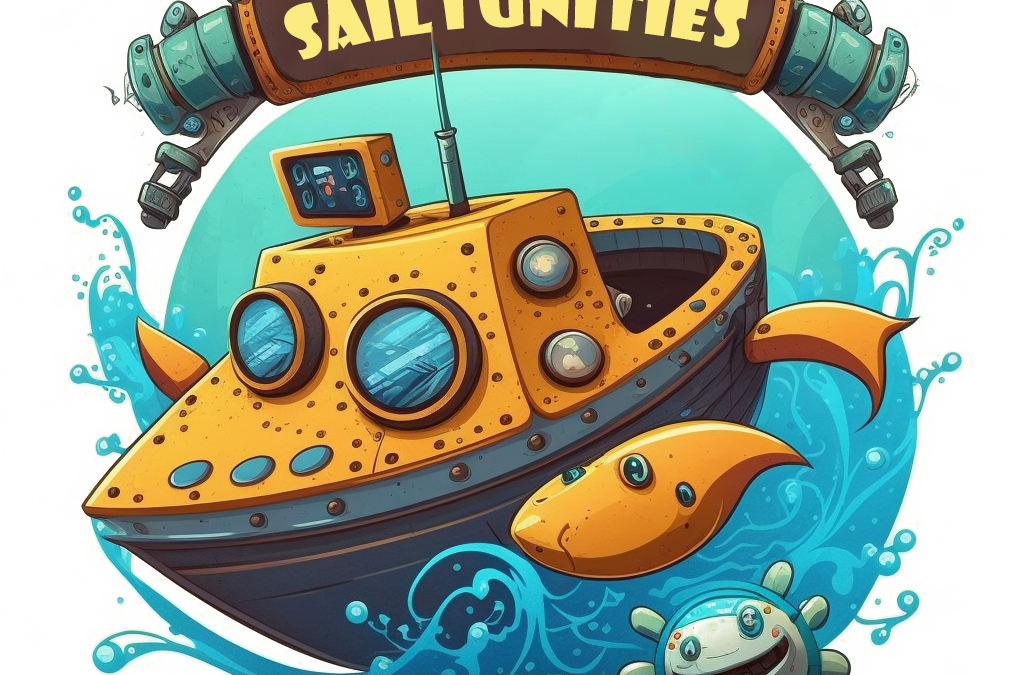With the introduction of the European Green Deal, the European Commission set out an ambitious plan to transform Europe’s economy and make it the first climate-neutral continent by 2050. One of the priorities of the plan is preserving and protecting seas, oceans, and the environment in a way that they continue sustaining us in the future.
Fighting climate change as well as promoting sustainable societies require, among others, STEAM-driven solutions. In this context, our Partner Consortium developed a project that addresses one of the pressing environmental issues – water pollution with visible and invisible (dissolved) pollutants and offers innovative solutions for the research about water quality and collection of waste.
Our concept offers a multidisciplinary, hands-on, collaborative, and real-world approach to strengthening STEAM competencies, which are essential for success in the 21st century. By engaging in the project, students will be able to develop a wide range of competencies that are relevant to their future careers.
Teams of 13-19-year-old students will construct and use radio-controlled boats for data collection, supplemented by sensors for measuring water parameters, mechanical grippers for picking litter, and a container to collect them. The learning process will involve a variety of engineering tasks. Students and teachers will undergo competence development activities based on an innovative, highly adaptable, and transferable methodology that will be developed, piloted, and disseminated to stakeholders as a major output of the project.
Objectives and planned results:
- Develop an innovative methodology for implementing water ecosystem research performed by robotic boats. Because of the activities associated with this objective, 2 versions of methodological materials will be produced. The pilot version will be implemented in 5 schools. The final version will be upgraded based on feedback received from the pilot group students and teachers. It will cover at least 48 hours of classroom and field study. The developed materials will comprise a guidebook for teachers, presentations to be used in the classroom, instructional materials, and other resources. Two research reports will be published as well as the research tools that will become a part of the instruments to assess competence development for future users.
- Provide competence development to teachers, as key actors in the implementation and sustainability of the produced methodologies in partner organizations and beyond. At least 30 teachers from partner organizations will develop their competencies through training and the implementation of the pilot course. Teachers will obtain new knowledge related to the specific elements of the produced methodology and will gain insights into the application of innovative, student-centered pedagogies. At least 120 more teachers from non-partner organizations will be introduced to the methodology.
- Engage 13-19-year-old students in innovative technological activities to stimulate their creativity, develop technological, personal, and social skills, and enhance interest in STEAM. At least 300 target group students will complete a 48-hour pilot course. They will gain multidisciplinary knowledge and important personal, interpersonal, and communication skills. Teams of students will build at least 60 boats and perform research on at least 15 natural water bodies in 4 countries. Research results will indicate the impact of the course on competence development and provide useful insights into the improvement of the methodology. From the pilot group, 25 students will validate their knowledge and skills gained in the pilot course during an international hackathon.
- Maximize the spread of the project’s results to target groups at local, regional, national, and European levels and across different sectors (formal and non-formal education, industry, etc.). The pilot versions of the materials will be translated into national languages (Lithuanian, Romanian, Italian, and Estonian) and the languages of national minorities (Russian and Polish). Adapting the methodology to the national curricula will allow easier integration into the educational process while adaptation for non-formal education will provide possibilities to bring benefit to a larger group of students.
- Ensure the achievement of the expected project results within the parameters of time, quality and resources set out by the grant agreement.
Project partners:
VšĮ “Robotikos mokykla” – project coordinator (Lithuania)
Colegiul Tehnic Gheorghe Asachi Botosani (Romania)
……. (Italy)
Kuressaare Nooruse Kool (Estonia)
Vilnius Joachim Lelevel Engineering Gymnasium (Lithuania)
Project details:
Project Reference: 2023-1-LT01-KA220-SCH-000161306
Start date 01-10-2023
End date 30-11-2025
Grant 250 000 Eur


